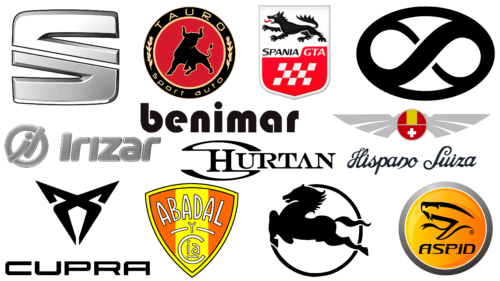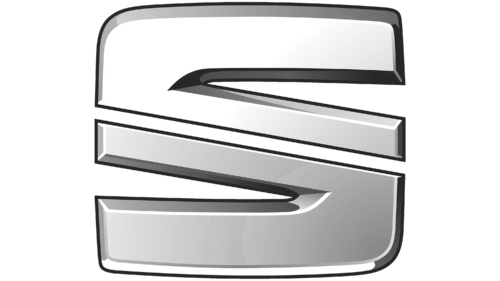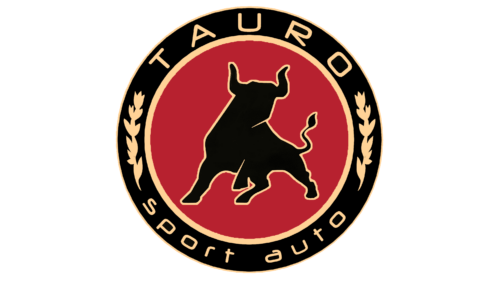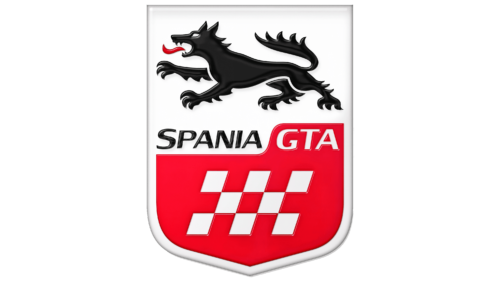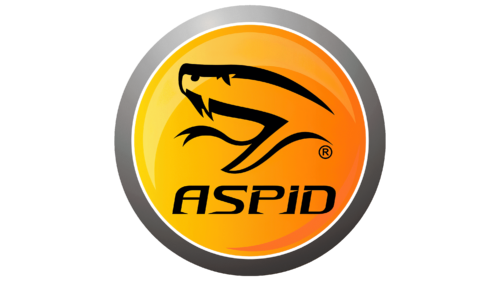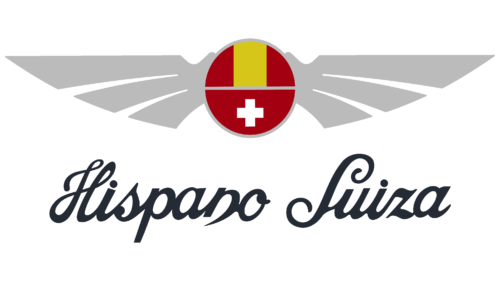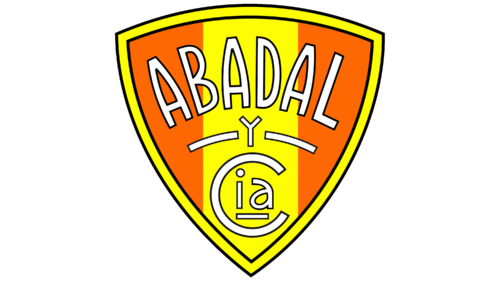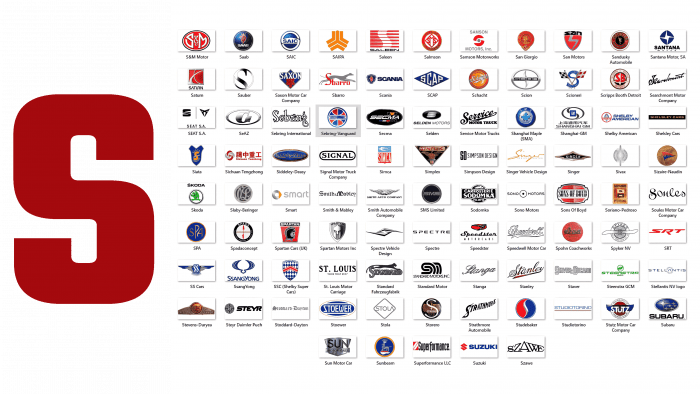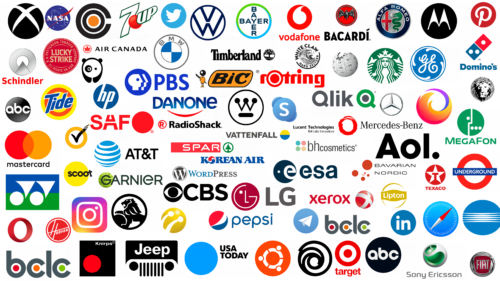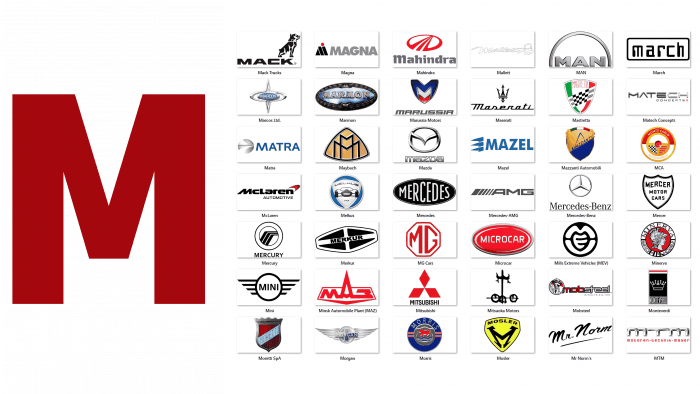International concerns actively use Spain as a site for producing their cars. Moreover, it is believed that Italians laid the foundations of automobile production in this country in 1919, when FIAT opened its branch near Barcelona. Despite this, Spain has enough of its own car and truck models. Domestic companies such as Advanced Design Tramontana, Sociedad Española de Automobiles de Turismo, and others are widely represented on the world market and make a worthy competition to foreign brands.
What are Spanish automobile brands?
Many brands fall into this category, including SEAT, Irizar, Tauro Sport Auto, Spania GTA, Tramontana, Aspid, Benimar, Hurtan, and Cupra. Also gone are the car companies that manufactured cars in Spain: Pegaso, Hispano-Suiza, Abadal, and others.
Active Car Brands
Spanish cars—Seat and Tramontana—are famous worldwide. Other equally recognizable brands are also produced in Spain.
SEAT
SEAT is a Spanish company that is a part of the German automobile concern Volkswagen Aktiengesellschaft. Its name is an abbreviation of Sociedad Española de Automobiles de Turismo. The first car of this brand appeared in 1953, and the two-millionth car – in 1974. During this period, many racers in Spain moved to SEAT sports cars.
The company’s first owner was Fiat, but he refused to cooperate and, by his inaction, forced the automaker to sign a contract with Volkswagen. The German group of companies bought all the shares of SEAT in 1990.
Irizar
The bus direction in the Spanish automobile industry is represented by the company Irizar, named after its creator, Jose Francisco Irizar. He worked as a blacksmith but wanted to engage in passenger transportation, so he opened an enterprise for producing stagecoaches and carriages in 1889. After 37 years, the business passed to Jose’s sons. They began to produce buses and agricultural machinery.
Since the 1950s, the company has constantly produced new bus models. It reached the point where it partnered with Carrozzeria Orlandi to achieve technological excellence. Currently, the Irizar lineup includes conventional, electric, hybrid, and integrated buses of various models.
Tauro Sport Auto
The Tauro Sport Autosports car brand entered the market in 2012 with the V8 Spider model. At the same time, it appeared two years earlier: its origins date back to 2010, when a group of Spanish entrepreneurs decided to team up with a British racing car manufacturer. All the company’s cars are made to order, so the series’ volume is limited. Most of the work is done by hand.
Tauro Sport Auto’s headquarters are located in Valladolid. One of its founders, Pedro J Santos, currently heads the company. The main line of sports cars is called Tauro V8. This model is equipped with a Chevrolet LS3 V8 engine.
Spania GTA
Spania GTA designs and manufactures sports cars. It was founded by a Spanish racing team member, GTA Motor Competición, to which it is now legally owned. Domingo Ochoa is the head and immediate founder of the company. The company’s key product is the GTA Spano model car. The first concept car of this series was presented to the public in 2010, and full-scale production began in 2013. Only 99 cars will be produced in the debut Spania GTA lineup.
Tramontana
The Tramontana brand belongs to the Spanish company Atelier Tramontana. The manufacturer is Advanced Design Tramontana’s private company, which opened in 1995. It was founded by Josep Rubau, who previously worked at Volkswagen. He decided to revive traditional car brands of the last century, so the Tramontana sports car has a 1930s design. The model is suitable for race tracks and public roads but is often collectible because of the limited edition (12 pieces per year). Gold is used to finish the car.
Aspid
The Aspid series is a proprietary product of IFR Automotive. The company was founded by engineer Ignacio Fernandez in 2003 to create cars that combine the best qualities of racing and road transportation. The first model, the IFR Aspid, went on sale in 2009. IFR Automotive had another sports car, the GT-21 Invictus. Its debut was expected in 2013, but the project was closed before it could begin.
Benimar
Benimar is a well-known mobile home manufacturer that has existed since 1974. Its name consists of the letters Beni—the first letters of the name of the coastal city of Benicarló (Benicarló), where the company was founded—and Mar—Spanish for “sea.” In 1978, the debut motorhome appeared on the market—the undisputed leader of the selected segment. From 1984 to 2002, the company operated under the name Ocarsa until the Trigano Group bought it.
Hurtan
Juan Hurtado Gonzalez wanted to create the car of his dreams – a retro sports car. He realized this idea in the 1980s, and then, inspired by the success, he opened his automobile production facility. Thus was born the company Hurtan Desarrollos SL, which introduced its first model, the Albaycín T2, in 1992. The family business is now based in Granada. It produces sports cars and electric cars with a classic body. The founder’s son does not change tradition and continues to develop ultra-modern cars in the style of the 1950s.
Cupra
The original name of this brand is SEAT Sport. It appeared in Abrera (Catalonia) in 1985 as a sports division of the Spanish automaker SEAT, a part of the Volkswagen concern. The company’s main specialization was to produce competitive models for rally and other types of racing. It won several FIA awards: three wins with the SEAT Ibiza Kit-Car in the World Rally Championship (three consecutive years from 1996 to 1998 inclusive), two awards with the SEAT León in the FIA World Touring Car Championship (in 2008 and 2009). In 2018, the parent company renamed the brand Cupra and made it independent.
Defunct Car Brands
Hispano-Suiza
The Hispano-Suiza car company was founded in 1904 by two Spanish entrepreneurs and one Swiss engineer, hence the choice of name (Hispano-Suiza means “Spanish-Swiss”). The company produced luxury cars until the war. Then, it switched to the production of aircraft engines, and in 1919, it returned to its original course.
In 1944, Hispano-Suiza became part of the ENASA group and focused on the aerospace industry. It has twice tried to return to automobiles: in 2010 and 2019. New models were introduced both times, but production only started on the second attempt. So, the company can be considered revived in 2019.
Pegaso
The Pegaso automaker left the market in 1994 when Iveco acquired it. Before that, it was part of Enasa and produced sports cars, armored cars, tractors, omnibuses, and trucks. The company was founded in 1946. Its main industrial site was the old Hispano-Suiza plant. In the second half of the 20th century, it kept pace with the economic boom, producing many buses and trucks. After the takeover of Pegaso, Iveco continued to use the brand for several years.
Abadal
Racecar driver Francisco Abadal founded the Abadal company in 1912 to produce the fastest luxury car. Shortly after opening, Buick bought the company out. In 1923, the Abadal brand withdrew from the market and ceased production. General Motors had plans to revive it: in 1930, there was even a prototype of the Abadal Continental, but it was never produced.
FAQ
What car brands are from Spain?
Spain has a rich automotive history with several famous brands, both past and present.
- GTA Spano: Known for its high-performance sports cars.
- Hurtan: Combines classic design with modern technology, creating handcrafted vehicles that look like vintage cars.
- IFR Aspid: Produces high-performance sports cars with lightweight construction and innovative technologies.
- SEAT: One of Spain’s most famous car manufacturers, offering a wide range of cars, from compact vehicles to SUVs.
- Sunred: Specializes in the development of racing cars and high-performance vehicles.
- Tauro Sport Auto: Specializes in custom sports cars.
- Tramontana: Produces exotic, high-performance vehicles that combine luxury with cutting-edge technology.
- Abadal: An early 20th-century manufacturer known for producing luxury and racing cars.
- Auti (Automóviles de Turismo Hispano-Ingleses): Produced British-designed cars under license, adding to the diversity of the Spanish car scene.
- Barreiros: A large industrial company initially specializing in diesel engines and commercial vehicles.
- Biscuter: A microcar brand popular in the post-World War II era.
- Elizalde: One of the first Spanish manufacturers of luxury automobiles and aircraft engines.
- ENASA (Empresa Nacional de Autocamiones SA): Produced trucks and sports cars under the Pegaso brand.
- Eucort: Produced affordable and practical cars suitable for the post-war Spanish market.
- Hispano-Suiza: One of the most famous Spanish brands, known for its luxury cars and high-performance engines.
- Capi: A lesser-known manufacturer of small, economical cars in the mid-20th century.
These brands demonstrate the diversity and innovation of the Spanish automotive industry, from high-performance supercars to practical microcars and historic luxury cars.
Does Spain make its cars?
Spain produces cars and has a significant automotive industry. It is the second-largest car manufacturer in Europe and ranks ninth globally. It is also Europe’s second-largest commercial vehicle manufacturer.
Several Spanish brands produce cars, and several of the world’s leading automobile companies have factories in Spain. Spain has 17 manufacturing facilities operated by major international brands. The country’s advanced manufacturing capabilities and strong engineering expertise ensure that it remains a key player in the global automotive market.
What is the most popular car brand in Spain?
Spain’s most popular car brand changes frequently due to changing consumer preferences. As of 2021, the top five in sales are the SEAT Arona, Citroen C3, SEAT Ibiza, Fiat 500, and Peugeot 2008. This shows that Spanish consumers enjoy a wide variety of brands and models.
SEAT’s popularity remains strong, but Spanish consumers choose other brands and models to suit their needs and preferences. The dynamic nature of the Spanish car market means that sales leaders can change frequently. Brands like Citroen, Fiat, and Peugeot continue to capture significant market share. This competitive environment reflects Spanish car buyers’ diverse tastes and needs, who prioritize design, practicality, and affordability when choosing cars.
Is SEAT made in Spain?
Yes, SEAT is made in Spain. Even though the brand is part of the German Volkswagen group, it remains a Spanish car manufacturer. Assembly plants are located in Barcelona and Martorell.
The Martorell plant is one of Europe’s most modern automobile production plants. It produces many SEAT models.
The Barcelona plant in the Zona Franca district produces automobile components and parts. This facility supplies the Martorell plant with the necessary components.
SEAT designs, develops, and produces cars in Spain. The brand is proud of its heritage and maintains a strong presence in the Spanish automotive industry. This local production supports the national economy and ensures that the cars retain their Spanish identity and quality.
